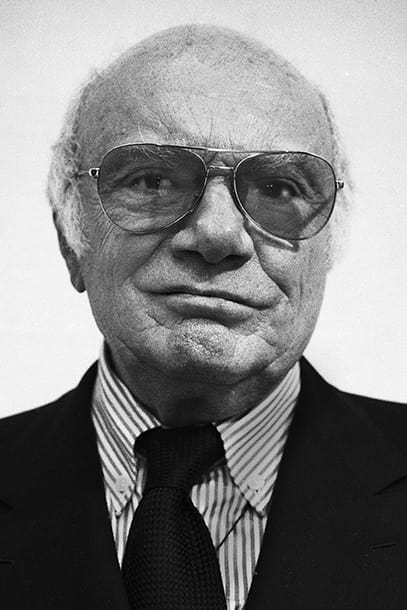
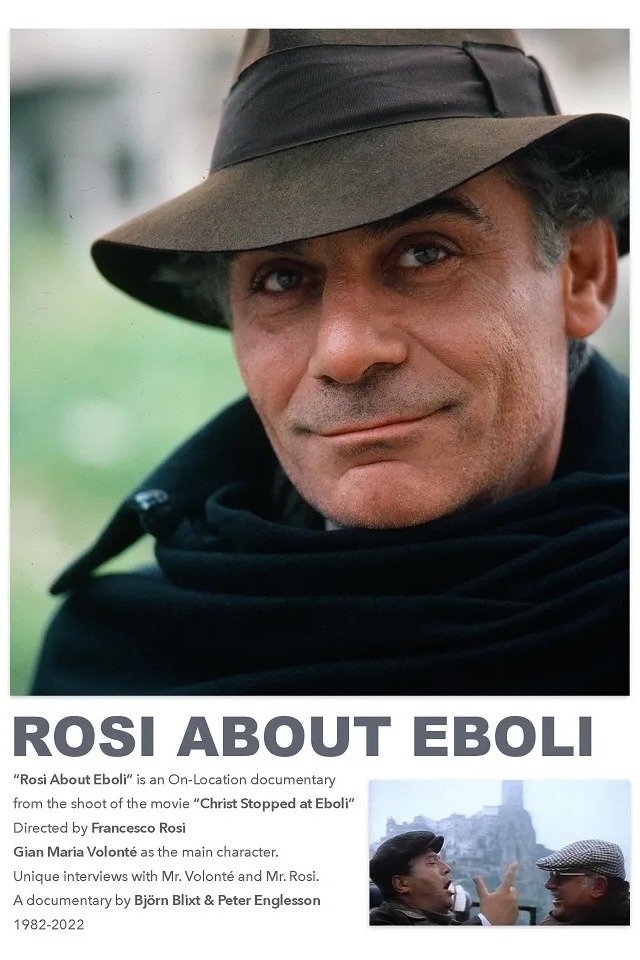
An exceptional documentary filmed in 1978 by Swedish directors Björn Blixt and Peter Englesson showing the behind-the-scenes of the film Christ Stopped at Eboli (1979) by Francesco Rosi.
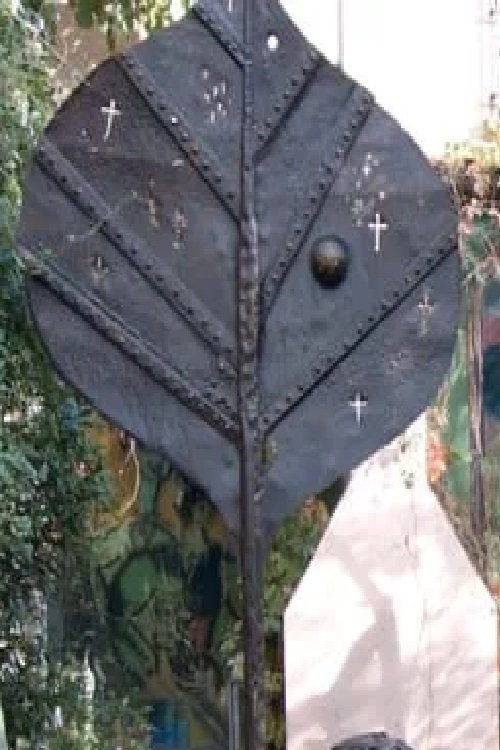
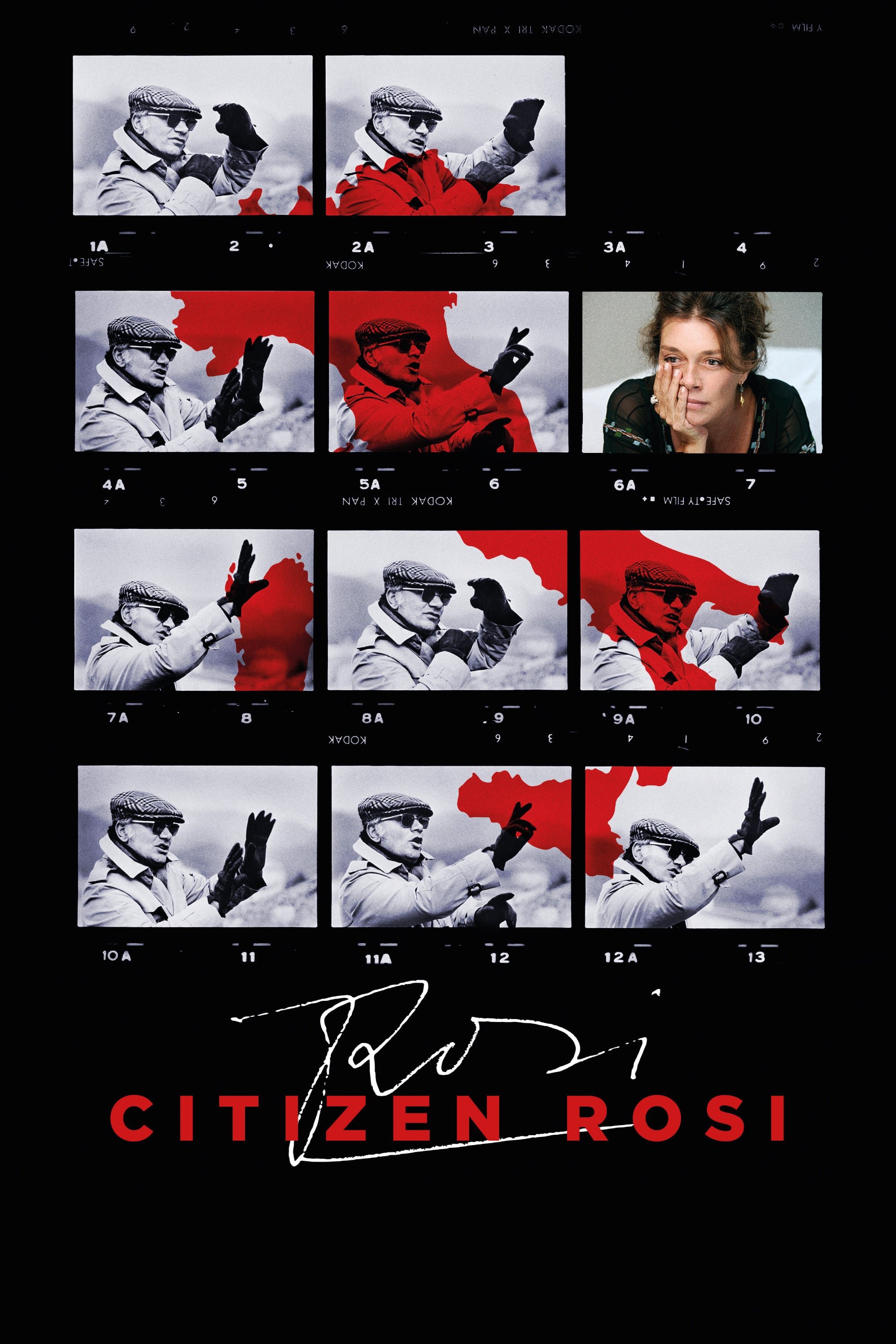
The narrative wanders through Rosi’s films, not in the order they were shot but following the chronology of the historical facts they deal with. The documentary therefore not only narrates Rosi’s work, but also portrays half a century of Italian history.
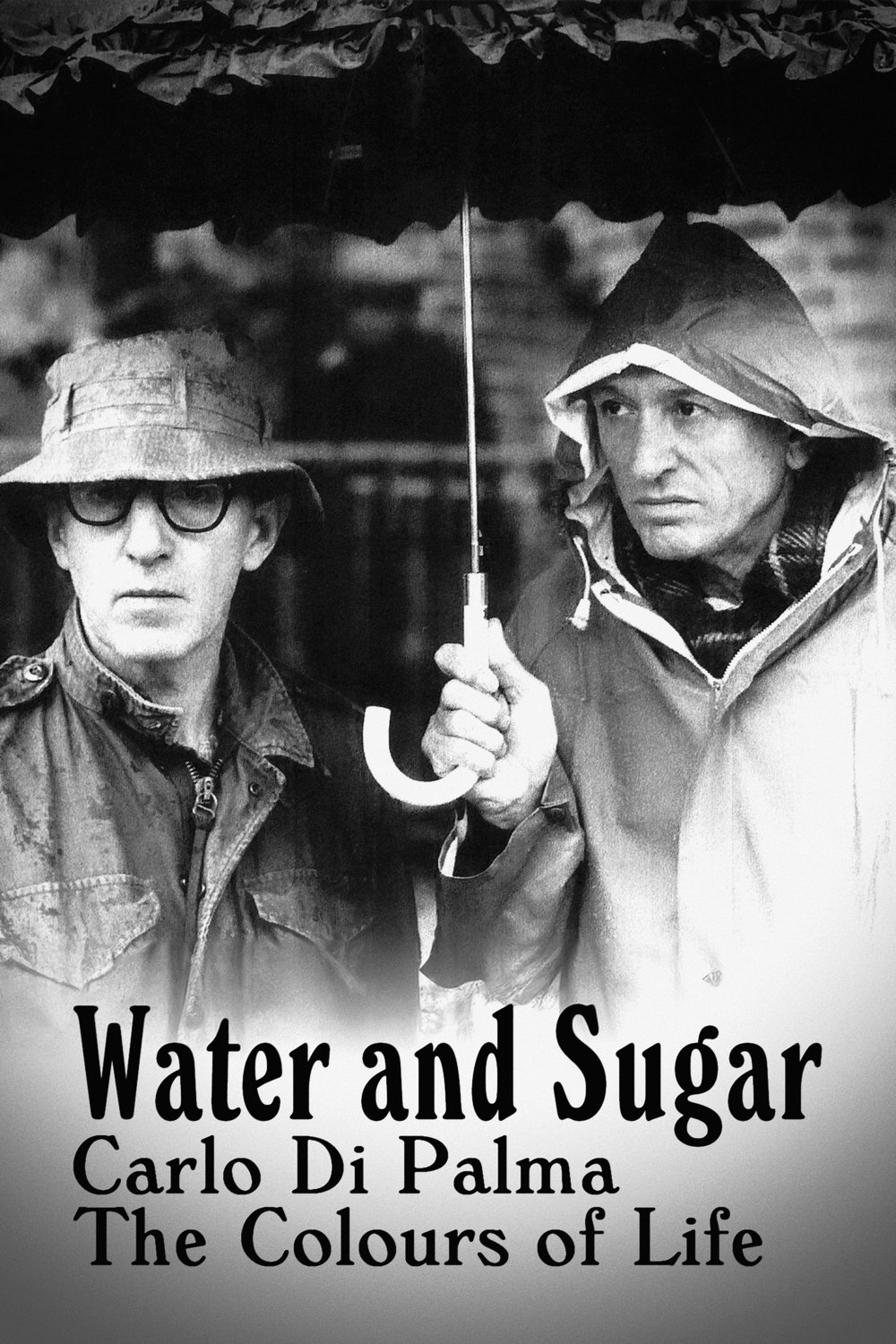
An account of the life and work of legendary cinematographer and director Carlo Di Palma (1925-2004) and an emotional journey through the great moments of cinema, from Italian neorealism to the masterpieces of Woody Allen.
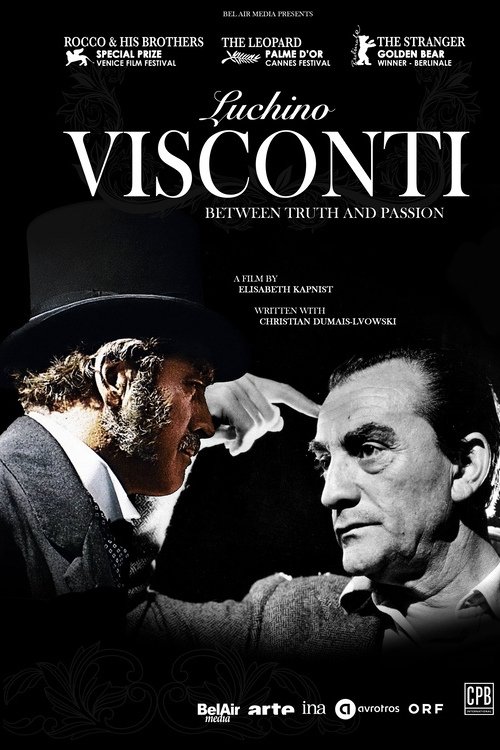
Forty years after his death, this documentary pays tribute to one of the major filmmakers of Italian cinema, to an original work that continues to inspire today's cinema. Coming from one of the greatest families of the Italian aristocracy, he could have been a rich and cultured man, living in opulence and idleness, but Luchino wanted a different destiny. This is the story that director Elisabeth Kapnist and Christian Dumais-Lvowski wanted to tell. Count Visconti di Modrone wears the clothes of a legend that he never stopped shaping throughout his life. This documentary reconstructs the fabric of a brilliant life, dedicated to art; theater, opera, and cinema. This artistic work is also that of a committed man, who was a fellow traveler of the Communist Party, and who resisted fascism.
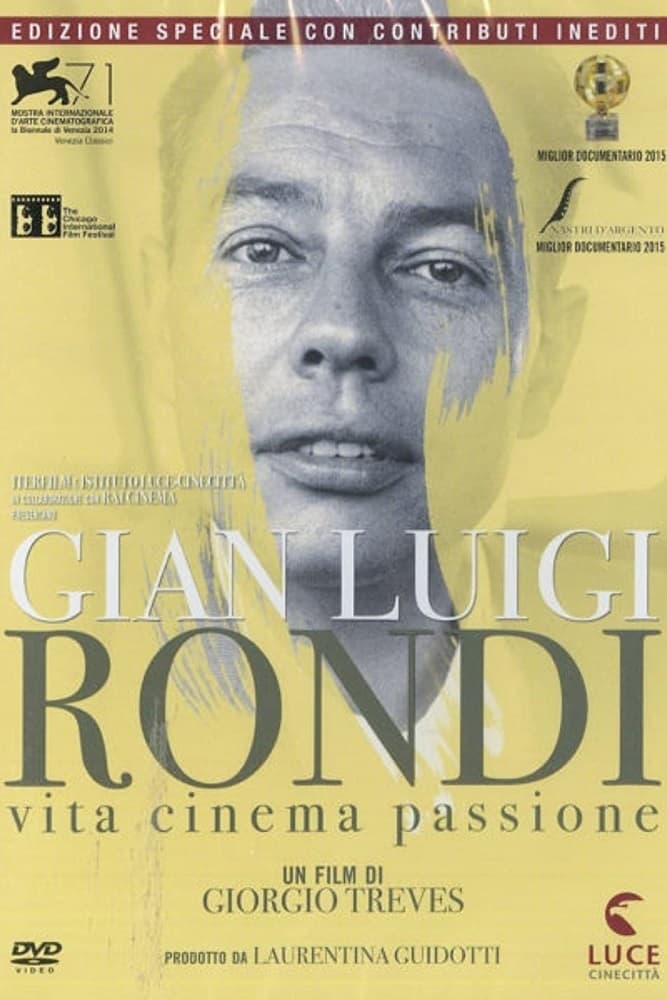
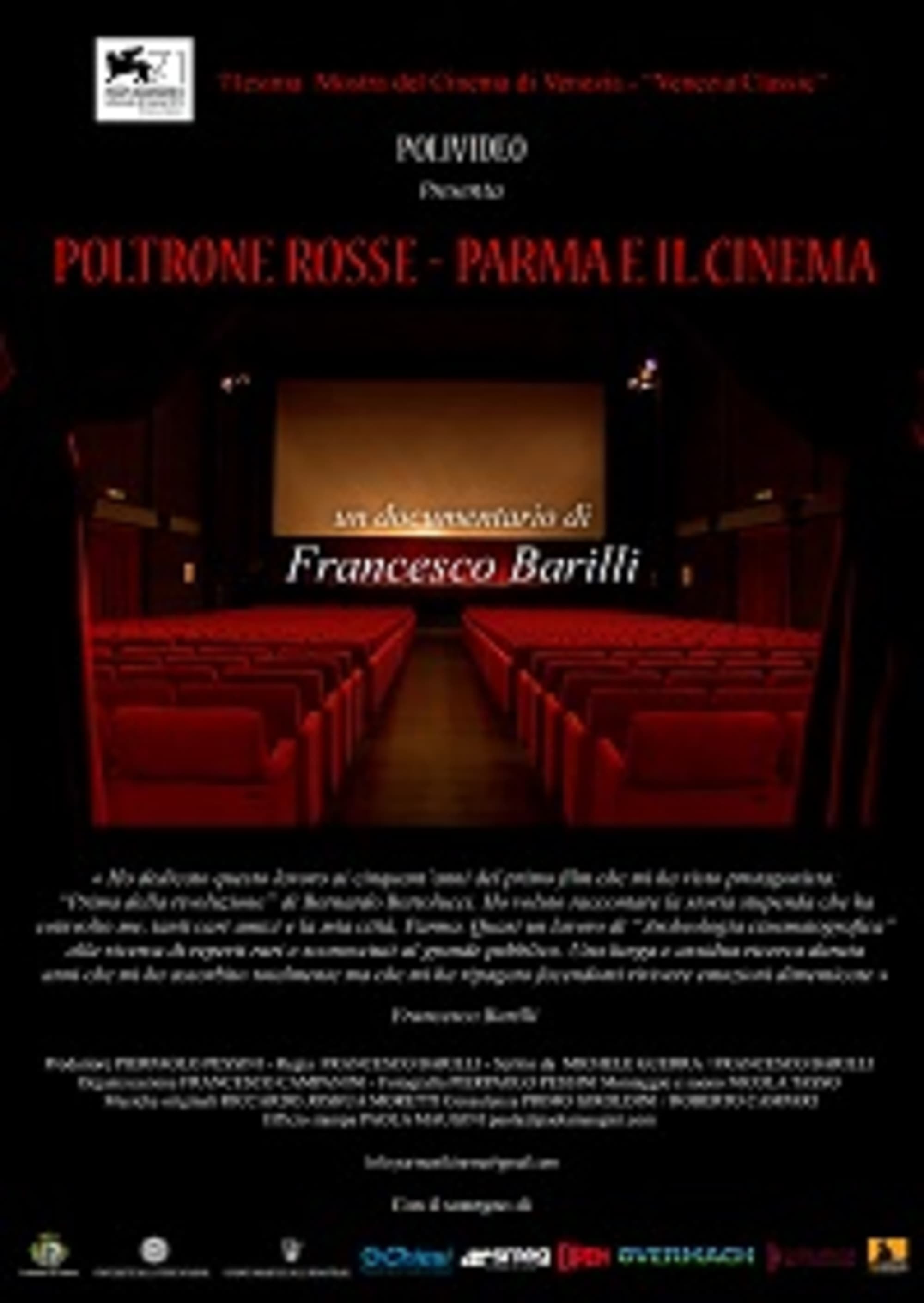
The relations between Parma and cinema were so strong for almost the whole of the twentieth century that this city became an early laboratory of ideas and theories on cinema and a set chosen by some of the greatest Italian authors and beyond. Furthermore, a considerable number of directors, actors, screenwriters and set designers were born in Parma who have made their way internationally, testifying to the fact that in this small city in Northern Italy there was a decidedly cinematic air. Red armchairs takes up the thread of this story, wondering why, unique among the Italian provincial cities, Parma has given so much to the cinema, accompanying the viewer on a journey backwards that from the first projections of the Lumière cinema reaches the ultramodern experience of new multiplexes. During this journey we will meet the characters who created the conditions for this diffusion of cinematographic culture in Parma.
Francesco Rosi (15 November 1922 – 10 January 2015) was an Italian film director. His film The Mattei Affair won the Palme d'Or at the 1972 Cannes Film Festival. Rosi's films, especially those of the 1960s and 1970s, often appeared to have political messages. While the topics for his later films became less politically oriented and more angled toward literature, he continued to direct until 1997, his last film being the Primo Levi book adaptation The Truce. Description above from the Wikipedia article Francesco Rosi, licensed under CC-BY-SA, full list of contributors on Wikipedia.
By browsing this website, you accept our cookies policy.